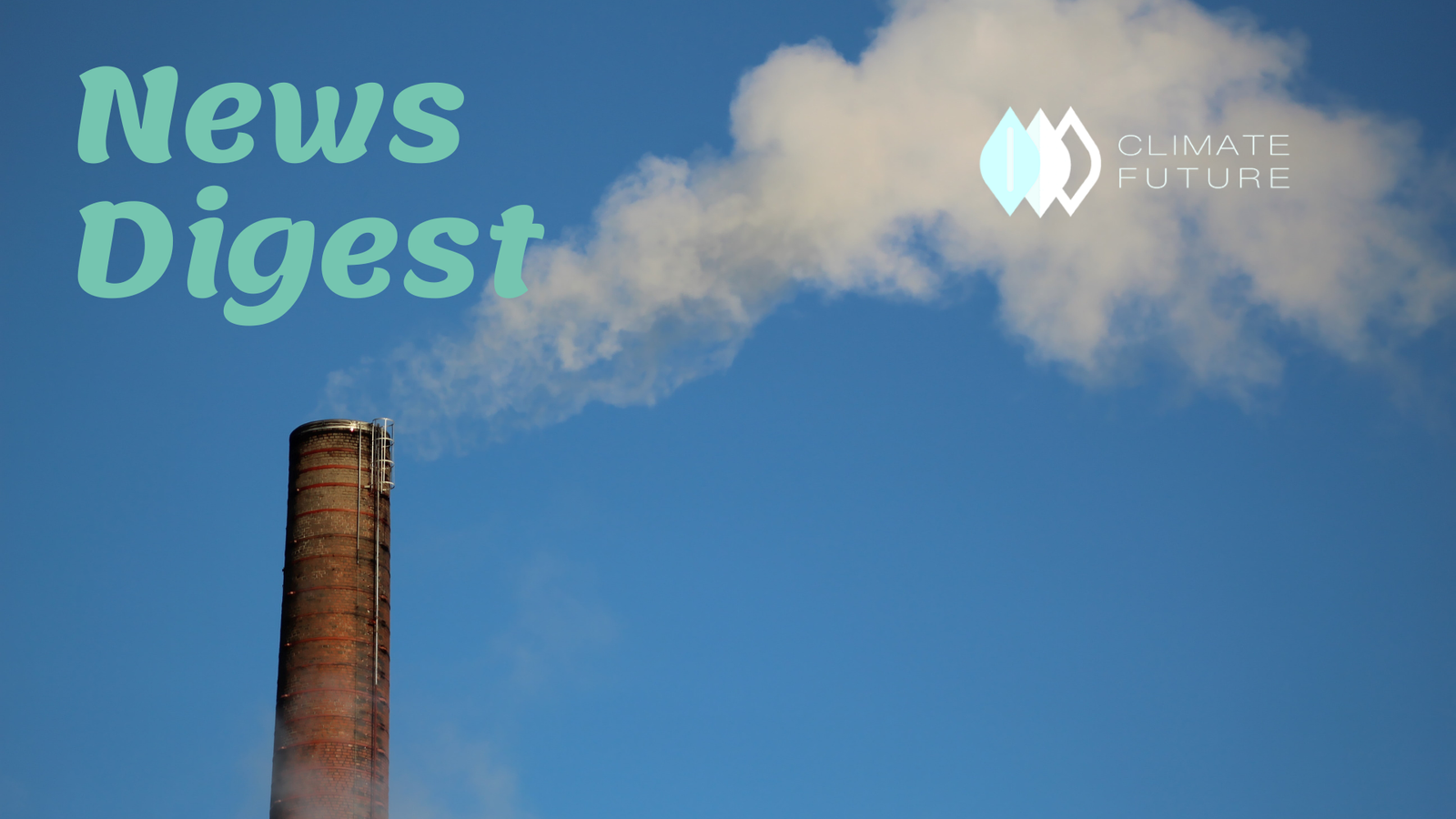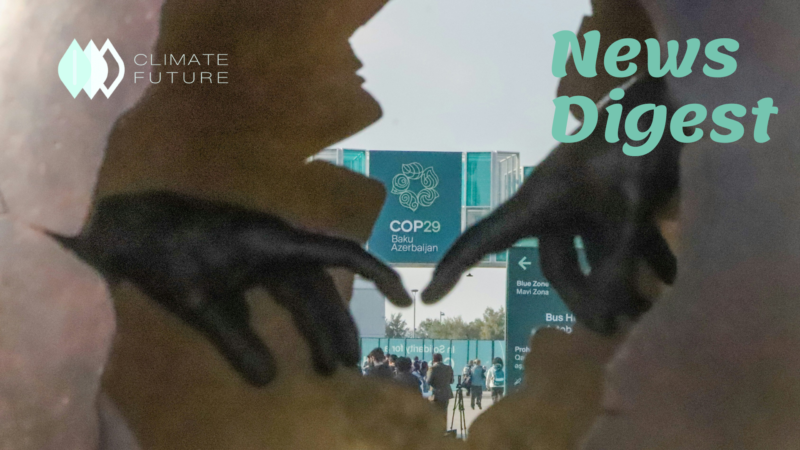UN report: Value of nature must not be overridden by pursuit of short-term profit
The new Intergovernmental Science-Policy Platform on Biodiversity and Ecosystem Services’ (IPBES) assessment report found out that there is too much global focus on short-term profits and economic growth which destroy nature when making policy decisions. As an independent intergovernmental science and policy body, the UN Environment Program, authorized by UNEP’s Governing Council provides the IPBES secretariat. While political and economic decisions have mainly prioritized market-based values of nature like intensive food production, they do not consider the changes in the natural world which will affect people’s quality of life. Furthermore, policymaking looks into many non-market values which are connected with nature’s contributions to communities such as cultural identity and climate regulation. According to the news release issued with the report, “living from, with, in and as nature” means giving resources that sustain people’s needs and wants and livelihoods including material goods and food. It focuses on non-human life, like the rights of fish in a river and see the natural world as a spiritual, physical and mental part of oneself.
Convergence of conflicts, COVID and climate crises, jeopardize global goals
The Sustainable Development Goals Report 2022 describes the convergence of the continuing COVID-19 pandemic and the long-term climate crisis which could push an additional 75 to 95 million people into extreme poverty this year. The pandemic has weakened countries’ efforts to reach ambitious global goals. The report said direct and indirect deaths to the corona virus became 15 million by the end of last year. It wiped out more than four years of progress in reducing poverty as well as disrupting essential health services severely and derailing hard-won progress on SDG 3. Furthermore, some 147 million students have missed over half of their in-person instruction since 2020. The world is on the verge of a climate catastrophe and billions are suffering the consequences of global warming and extreme weather conditions. Energy-related CO2 emission increased by 6% last year and reached the highest level. To reduce the worst effects of climate change, global greenhouse gas emissions must reach the peak before 2025 and then drop by 43% by 2030, falling to net zero by 2050. The world must decide to deliver on its commitments to assist the most vulnerable and rebuild the SDGs for meaningful progress by 2030.
Suriname gives ‘hope and inspiration to the world to save our rainforests’: UN chief
Suriname is regarded as a carbon negative country because its rainforests absorb more emissions than the country emits. UN Secretary-General Antonio Guterres witnessed the first-hand commitment of the Surinamese people to protect their natural resources and ancestral knowledge. Mr. Guterres highlighted that worsening climate impacts and rampant deforestation are increasing droughts and forest fires. Inclusion of Indigenous and tribal communities in economic prosperity is critical according to the UN Development Program (UNDP). Although they constitute only 4% of the total population, their rights to land cover over 80% of the territory of Suriname. However, they are not recognized by national legislation officially. The UN has supported the country’s efforts, led by students and academics to increase natural restoration, conservation and rehabilitation of mangroves since 2016. Mangroves play a crucial role in the fight against climate change since they can store and capture huge quantities of carbon in their roots and soils where they grow.
What COVID-19 taught us about risk in a complex, inter-connected world
Due to the impact of COVID-19, millions of people were struggling to make ends meet while working in the informal economy in agriculture and surviving under the poverty line. These led to joblessness, civil and domestic violence, debt and opportunities are severely diminished. Women suffered disproportionately in many locations due to already existing gender biases in society. Before COVID-19, the interconnected risks were not obvious in our daily lives. The emergence of COVID-19 has forced a wider perspective on systematic risks. Shocks and hazards can emerge from outside and within the system. It is important to understand how things are connected. In addition, it is required to identify the trade-offs impact in policy measures such as stay at home orders or travel restrictions and school closures which had widespread effects. The last action is to focus on processes for systematic recovery while leaving no one behind. The interconnected nature of systems show an opportunity for positive turning points by making positive effects. It demonstrates the need for risk management in how policymakers, stakeholders and planners approach risk management with the aim to create more equitable, resilient and prosperous communities and societies around the world.
UN Ocean Conference ends with call for greater global commitment to address dire state of the ocean
When the leaders recognize a collective failure to achieve ocean related targets, they commit to take urgent action to cooperate at all levels to achieve all targets as soon as possible. Among the challenges, the ocean faces rising sea levels, coastal erosion, warmer and more acidic waters, overexploitation of fish stocks, marine pollution and loss in marine biodiversity. While calling for transformative change, leaders focused on the need to address the impacts of global warming on the ocean, including species extinctions and ecosystem degradation. Resilient and healthy marine environments are the fundamental factors of climate regulation and sustainable development with the potential to produce energy and food for billions. At the conference, over 150 Member States voluntarily committed to protect or conserve at least 30% of the global ocean within Marine Protected Areas and other effective areas based on conservation measures by 2030. Reducing marine pollution from both land and sea based sources works more effectively for marine protection. It can also develop measures to adapt to climate change by reducing disaster risk and the rise of sea level, together with reducing emissions from marine transportation. It is essential to finance the states to drive the transformation towards sustainable ocean-based economies and upgrade nature-based solutions together with ecosystem-based approaches to provide the restoration, resilience and conservation of coastal ecosystems.




Itís difficult to find knowledgeable people in this particular subject, however, you seem like you know what youíre talking about! Thanks